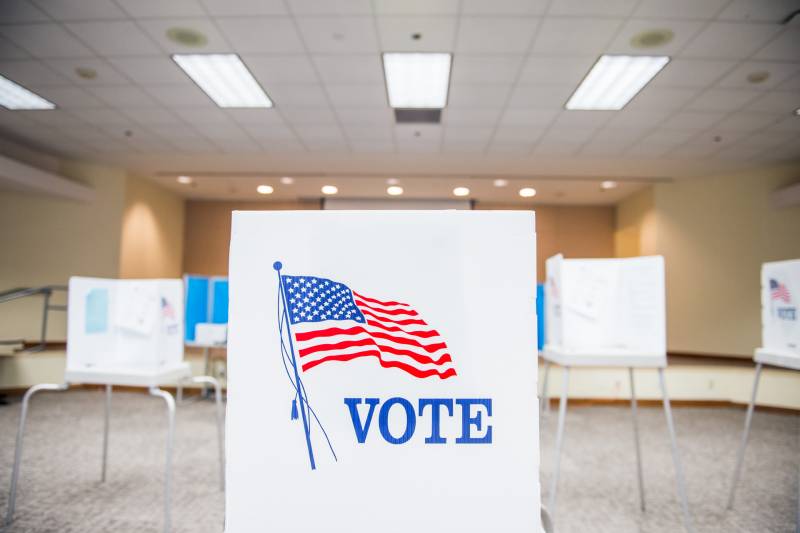Noncitizen voting isn’t a brand new idea. White, landowning, noncitizen men were once allowed to vote in 22 states.
Today, a handful of cities have granted noncitizen residents the right to vote in various local elections. Until recently, San Francisco was one of them: in 2016, voters approved Proposition N, which granted the vote to noncitizen parents of SF Unified students in school board races.
But late last month, a state Superior Court judge struck down San Francisco’s law in a suit brought forward by conservative groups. The city has appealed the decision, and what happens next will have ripple effects across the Bay Area and the rest of the state.
Guest: Annelise Finney, KQED reporter
Correction: this episode states that noncitizens were once allowed to vote in 22 states. Research shows that the correct figure is 40 states. Our episode description has been updated accordingly.
